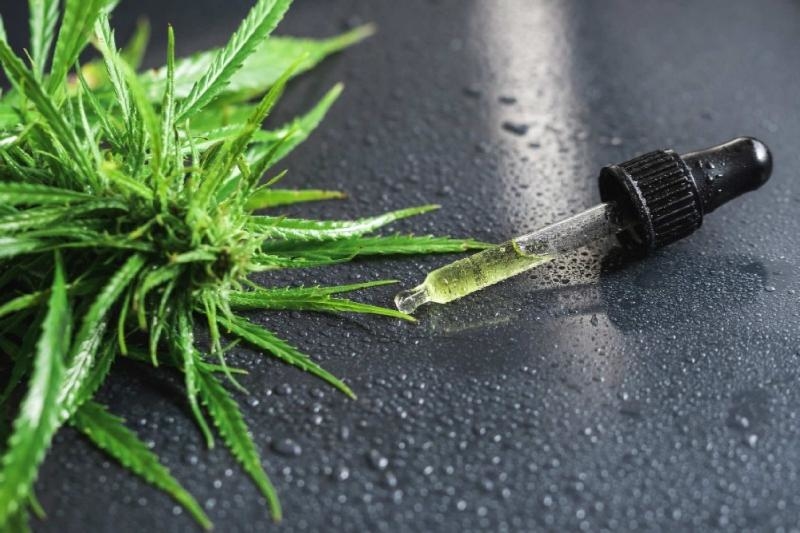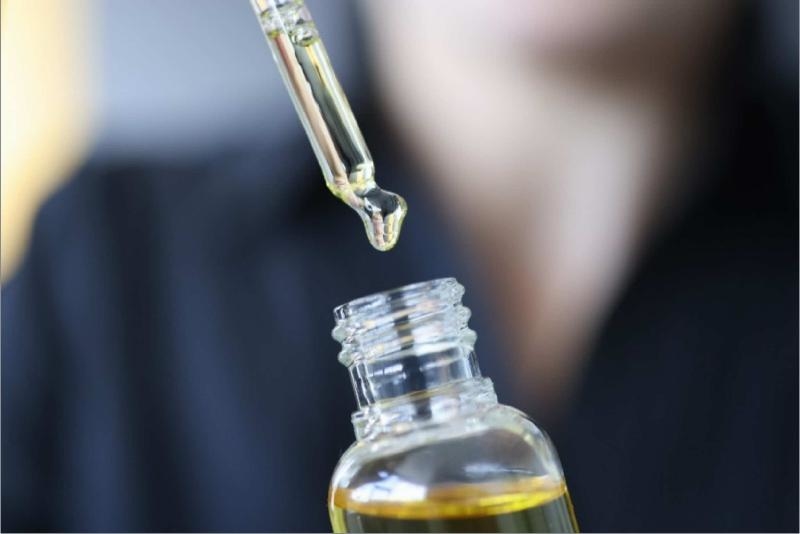Found in a cannabis plant, Cannabidiol, more commonly known as CBD, is one of over a hundred natural chemical compounds found in the aforementioned plant. These compounds found in a cannabis plant are known as cannabinoids.
CBD is not a psychoactive compound like some people assume it to be, as they thought it would get you high.
Well, it doesn’t get you high, unlike Tetrahydrocannabinol, or THC, which is the main psychoactive compound found in cannabis and causes the feeling of getting “high.” Due to this established fact, CBD is a more welcome form of pain relief and other uses than mind-altering pharmaceutical drugs or marijuana. THC was more popular than CBD back then, but because THC causes a “high” effect when broken down from heat applied by the person taking it and introducing it to his/her body, CBD, together with its significant medical benefits, is now gaining its momentum to be accepted in the mainstream.
CBD claims to help with anxiety depression, and arthritis, improve sleep and heart health, reduce seizures in epileptic people, and soothe pain and inflammation. These are only a few of the countless numbers of health benefits you can get from CBD and it is now preferred by more and more people because, unlike conventional drugs, CBD is a natural alternative to ease chronic pain and many more according to growing evidence from medical research. You will be glad to know that there has been a lot of research to back up all these therapeutic claims. Also, there is a study piloted in 2013 (taken from a database of Natural Institutes of Health ) that suggests CBD can help people quit smoking by using CBD-infused inhalers. This inhaler gradually helps reduce the amount of cigarettes people who use it take than usual, and it significantly helps, even stops, to some extent, nicotine cravings. There has been evidence found that claims cannabinoids, specifically CBD, help with opioid addiction disorders, and symptoms that come with substance abuse disorders such as mood-related symptoms, insomnia, pain, and anxiety. Further studies also show that CBD in oil or ointment form reduces scarring and inflammation when applied to the skin.

Now let’s talk about CBD oil and its recommended daily intake.
CBD oil comes from a diluted mixture of, of course, CBD extract from a cannabis plant and a carrier oil, which is usually hemp seed oil or coconut oil. This variant of CBD is becoming widely recognized by the health and wellness community for its varied array of medical miracles backed by scientific studies. CBD oil, just like its true form, has countless claims of helping ease chronic pain and other illnesses.
CBD oil can relieve pain.
The cannabinoid receptors in your nervous system bind with the bodily-produced endocannabinoids that regulate pain and immune system response in your body. When CBD is introduced, studies show that impacting it with endocannabinoid receptor activity will reduce chronic pain and inflammation.
A combination of CBD and THC is also found to be an effective remedy for a number of pain-related cases such as multiple sclerosis and arthritis. In fact, an oral spray with a combination of CBD and THC called Sativex, used to treat multiple sclerosis, is approved in several countries.
CBD can also help reduce acne.
This skin condition has affected 9% of the world’s population and made it a nuisance. Various procedures and skin therapies have been designed to alleviate acne. Drugs and topical creams were also created just to help combat this cockamamie abomination. But all these efforts mostly went to waste because of acne’s hard-to-treat nature. It is said to be influenced by a number of things, such as bacteria, and sebaceous glands on the skin overproducing its oily secretion called sebum, or genetics. Due to its anti-inflammatory properties, CBD oil has the ability to reduce sebum production and may help fight acne. Backing this up is a test-tube study claiming that CBD oil’s anti-inflammatory exertions can prevent the activation of inflammatory cytokines that are considered “pro-acne” agents. All these remarkable results from CBD oil studies for acne prevention show that it could be a promising way to treat acne.
These are only a few of the things CBD oil can put on the table in terms of health and wellness.
But the question is, how many times should you take CBD oil?
Most cases recommend CBD oil administration up to three times a day. Serving suggestions from most manufacturers are typically the same three times a day, during breakfast, lunch, and dinner. One to three drops of CBD oil three times during the day can be sufficient to relieve pain for a user. Depending on your lifestyle, you can curate and experiment on how many servings a day work best for you. Some, with hectic schedules, take just 2 servings a day. CBD in the form of a tincture can be effective for six hours, and taking a serving every six hours can give you an ample supply to cover you for the entire day. Some also infuse a few drops of CBD oil into their juices, shakes, smoothies, and even coffee.
But CBD use can also show adverse reactions or side effects despite being safe and natural.
Some of the side effects could be fatigue, loss of appetite, weight fluctuations, and diarrhea. Pregnant women should avoid using CBD as it may have a huge effect on fetal development. Together with that is the advice to not use CBD while breastfeeding. Also, CBD can manifest counter-reactions to supplements or medications you already take, so it’s best to consult your doctor and discuss it first to make sure there will be no dangerous interactions that might cost you your safety.
CBD and its legality are complex, and everyone who has the intention of using CBD should check the laws in their state. They can also check in with the FDA for information about CBD use.
Sources:
https://www.medicalnewstoday.com/articles/317221
https://www.goodhemp.com/hemp-hub/cbd-drops-coffees-and-cocktails-how-to-take-cbd/
https://www.healthline.com/nutrition/cbd-oil-benefits
© 2022 by Lazarat.com, a LIVenture LLC.
All rights reserved. No part of this document may be reproduced or transmitted in any form or by any means, electronic, mechanical, photocopying, recording, or otherwise, without prior written permission of LIVentures LLC.

Leave a Reply